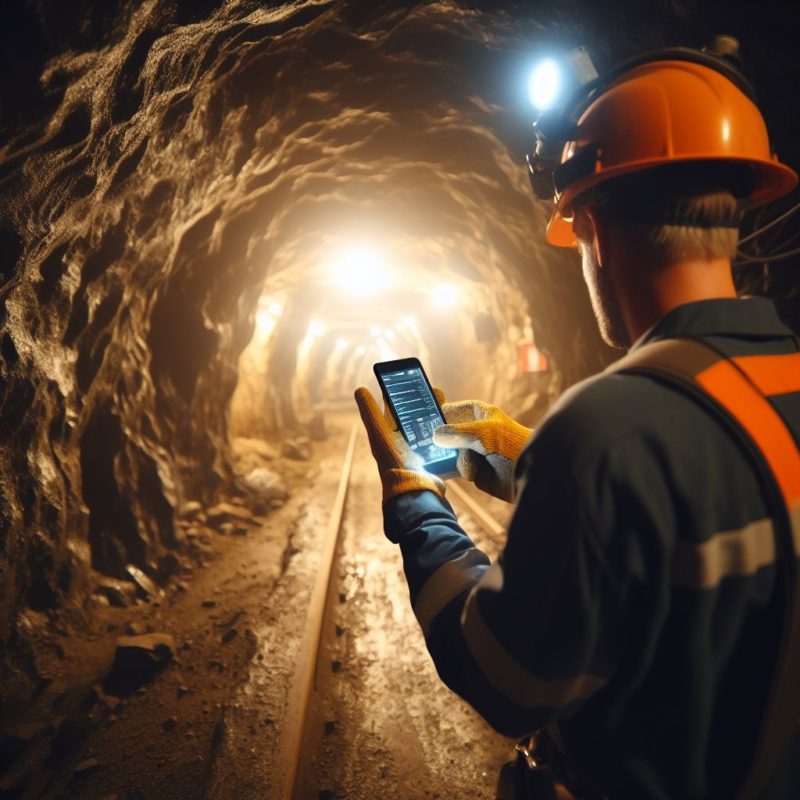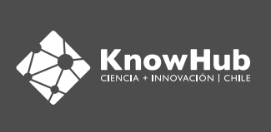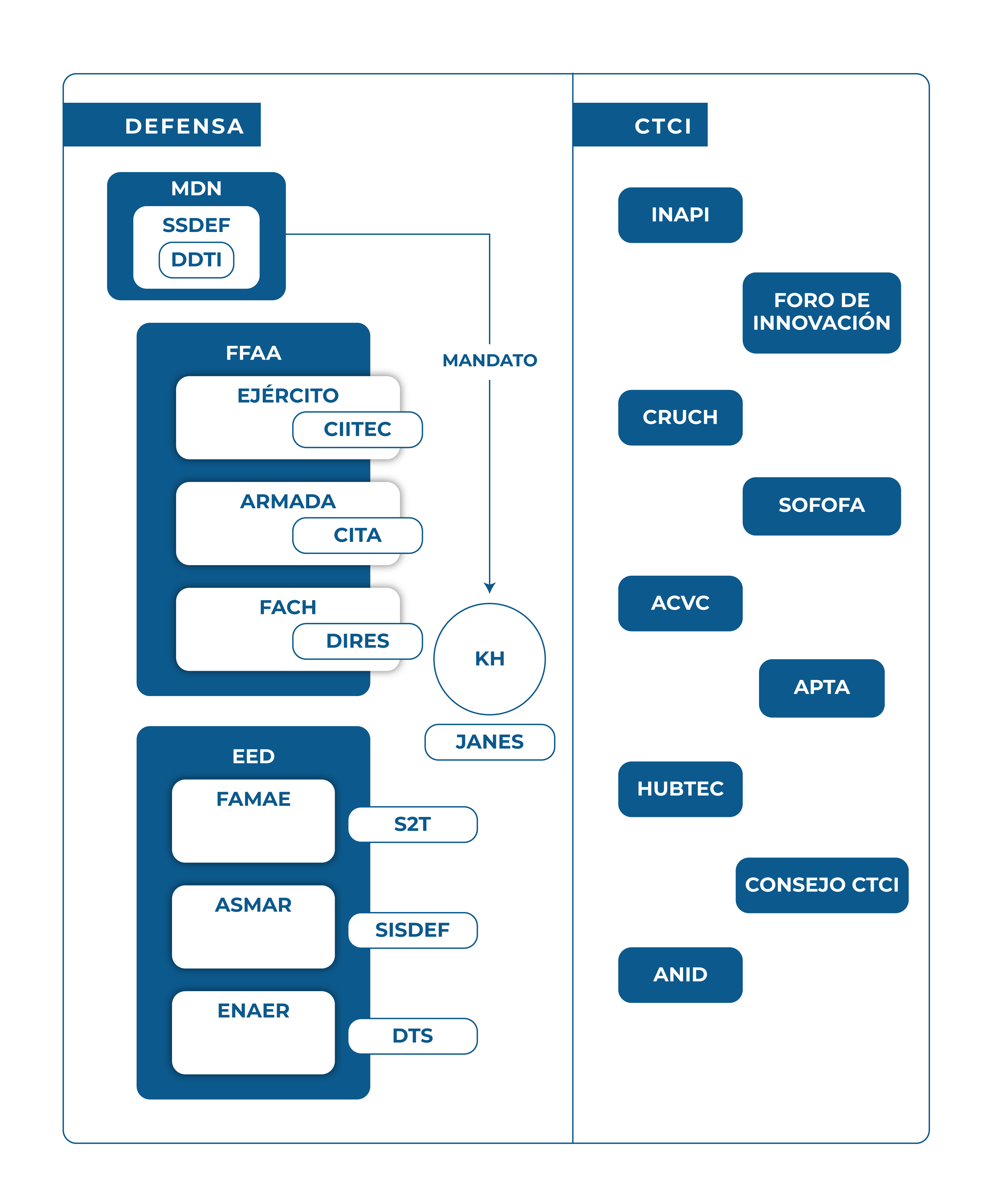The company is looking for investors to advance in the development and commercialization of the platform.
A team of technological entrepreneurs is developing a system to implement a digital assistant in a key area for the country: mining. Data from the Chilean Copper Commission (Cochilco) reveal that in 2021, revenues from mining taxation amounted to USD 9,594 million, 18.9% of total tax revenues. The impact and importance of mining in Chile is undeniable. Therefore, improving productivity is also a permanent challenge.
IGO (https://igo.cl/) is the startup that is seeking to develop this SaaS software that supports the field worker, explains Hernán Benavente, Computer Engineer from the Universidad Santa María and CEO of IGO: “This technology seeks to empower people who work in isolated conditions, providing them with a digital companion on a mobile device to assist them in performing different activities on a daily basis and enable them to report the problems they have encountered in order to make the process more efficient.”
Isolated Environments
Since 2012, IGO’s founding team has been developing customized technology solutions for complex industries such as mining, to digitize activities performed by people in complex geographic environments, that is, those in which a worker is outdoors, exposed to rain, sun, or toxic elements, and that is not feasible to monitor due to geographic dispersion.
In 2021, IGO won an open innovation public tender from the Chilean Navy and Know Hub Chile: Desafío Avante. Moreover, in 2022 it was selected by the Startup Ciencia program and by the accelerator Aster, linked to Magical Startups, as part of its portfolio.
Mining companies usually seek to make processes more efficient by improving machine productivity, explains Benavente, but they have not explored the impact of empowering workers. “We use a mobile device to provide them with information that is complementary to their work, which will help them look at the risks involved in that work, how the work is done, et cetera, making the process more efficient,” he explains.
In work environments such as mining, where workers are often disconnected, information is not always available quickly or in a user-friendly manner. Workers sometimes bring folders full of documents to their on-site work, which does not make their job any easier. “The goal is that they can access all that information in a completely disconnected, digital format, and in a way that is simple to understand and report on, so that it doesn’t interfere with their work,” says IGO’s CEO.
Many industries have this problem. “In subway mining only a few companies have connectivity, and there are many places where complex and dangerous work is done in the middle of nowhere, such as installing antennas and pipeline inspections,” he adds.
Mining
Some large companies rely on their own systems to solve these problems. However, according to Cochilco’s 2021 data, nearly 70% of mining workers are subcontracted, which makes it even more urgent to have cross-cutting and efficient systems for accessing information at all times.
Furthermore, although they have these tools, these do not analyze worker behavior or are not user-friendly, Benavente points out. Frequently, workers in the field do not have useful and easily accessible information to help them do their jobs or assess the risks in their environment. In addition, to positively incentivize their use, they use gamification techniques, such as giving points to workers who upload photos.
“Thus, the profile of the worker who was able to solve problems becomes available to others, which empowers them. In the future, we would like to consider training courses, emotional support, and other features. We intend to improve the efficiency of the process, but focusing on the well-being of the workers in such a way that, if they do their job efficiently and safely, that will have a positive result on the operations. That is the goal.”
IGO is currently in the validation and packaging phase and is undergoing evaluations to work with the Chilean Navy and the Integrated Center for the Piloting of Mining Technologies,” says its CEO.
To make all this progress, the company has the support of investors such as the technology transfer corporation Know Hub Chile, the accelerator Aster, which works jointly with BHP, as well as the technology company Neosoltec. “We are looking for new investors to evolve the product and introduce it to the Latin American market,” adds Benavente.




